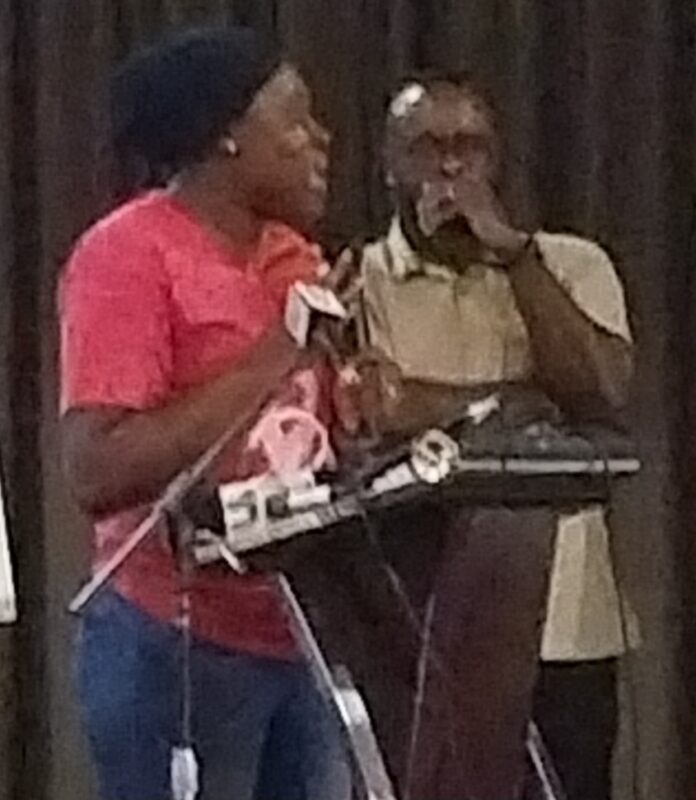The National Petroleum Authority (NPA) has reiterated its commitment to enforce its mandate to regulate, monitor and oversee the petroleum downstream sector of the industry.
The Authority has also assured that it would continue to enforce its laws and regulations rigorously to ensure sanity and efficient operations in the industry.
Ms Farida Ali-Musah, NPA’s Legal Affairs Manager, who affirmed this at a media engagement in Kumasi, stated that with the passage of the Executive Instrument 378 (LI 378) under the NPA Act 2005, Act 691, the Authority’s regulatory and oversight responsibility was enhanced to stem the tide.
She noted that following growth in the industry, which comes with illegalities, there was the need to prosecute offenders.
According to her, all dealers would have to engage with the NPA for authorisation, and that any dealings contrary or in violation of the law would be dealt with according to the dictates of the law.
Ms. Ali-Musah said, with regards to diversion which was in contravention of Regulation 15 of the law, the NPA would not entertain any human face factors in applying the law.
The Legal Affairs Manager hinted that the NPA would begin prosecuting industry players who violate the laws and regulations in the law courts, effective February 2024, and that the Authority would involve the Judiciary, the media and the police when it commences the prosecution of offenders.
She called on Parliament and the media to help educate the public on its mandate to avert illegalities, including engaging in activities in the downstream industry without license, misapplication of prescribed petroleum pricing, formulation of false statements and recording of material information, obstruction or interference with the work of officers and employees of the Authority, violation of petroleum product marketing regulation and Bulk Road Vehicle (BRV) tracking and volume monitoring regulations.
Mr. Dominic Aboagye of the Economic Regulation and Planning Directorate, mentioned geopolitical risks, climate action policies, Forex liquidity risk, and inclement weather as some of the threats and risks to the supply of petroleum products into the country.
He said Ghana imported 80% of her fuel needs, and 20% from local refinery production and that as part of measures to ensure continuous supply of petroleum products in the country, the NPA would rigorously monitor the laycan programme to ensure uninterrupted supply.
He said the Bank of Ghana had also instituted the Special Forex Auction schemes to ensure that importers had enough US dollars to import the product.
Mr. Aboagye also mentioned the introduction of the Gold for Oil (G4O) programme, as well as the enforcement of the exclusion zone of offshore discharge facilities to ensure security of supply in the system.
Ms Betty Nana Adwoa Ofori, Ashanti Regional Manager of the NPA, disclosed that the Manso Nkwanta enclave in the Ashanti Region has been identified with diversion and smuggling of fuel by Fuel Tankers following illegal mining activities there.
She mentioned inadequate knowledge in the handling of petroleum products, inadequate training for fuel pump attendants, poor communication among stakeholders in the sector, among others, as some of the challenges facing the sector in the region.
She also said third party retailers (tabletop sellers of petroleum products) as well as non- adherence to outlet etiquette and warnings were some of the challenges in the region.









